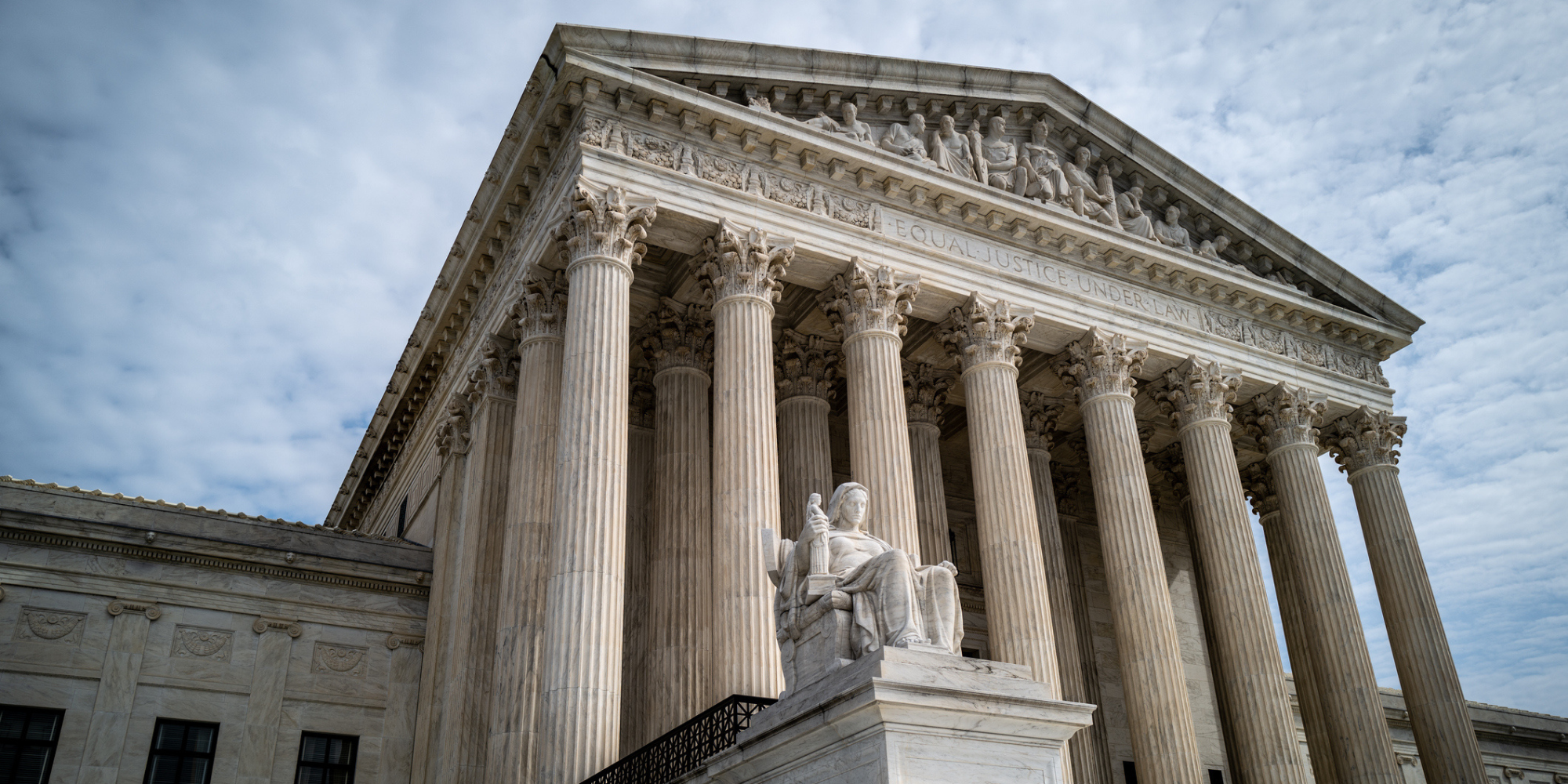In New York State Rifle & Pistol Association v. Bruen the U.S. Supreme Court held 6-3 that states and local governments may not require “proper cause” to obtain a license to carry a handgun outside the home.
In New York to have “proper cause” to receive a conceal-carry handgun permit an applicant must “demonstrate a special need for self-protection distinguishable from that of the general community.” California, the District of Columbia, Hawaii, Maryland, Massachusetts, and New Jersey have similar requirements to New York.
Justice Thomas, writing for the Court, articulated the standard the Court would apply to determine whether New York’s law violates the Second Amendment. “When the Second Amendment’s plain text covers an individual’s conduct, the Constitution presumptively protects that conduct.
The government must then justify its regulation by demonstrating that it is consistent with the Nation’s historical tradition of firearm regulation. Only then may a court conclude that the individual’s conduct falls outside the Second Amendment’s ‘unqualified command.’”
Both parties agreed that the Second Amendment guarantees a general right to public carry. As Justice Thomas pointed out “[n]othing in the Second Amendment’s text draws a home/public distinction with respect to the right to keep and bear arms.”
So, the burden fell to New York to show that its proper-cause requirement is “consistent with this Nation’s historical tradition of firearm regulation.” The Court looked at gun regulation from the following time periods: (1) medieval to early modern England; (2) the American Colonies and the early Republic; (3) antebellum America; (4) Reconstruction; and (5) the late-19th and early-20th centuries. It concluded there is no historical tradition justifying a “proper cause” requirement.
“Throughout modern Anglo-American history, the right to keep and bear arms in public has traditionally been subject to well-defined restrictions governing the intent for which one could carry arms, the manner of carry, or the exceptional circumstances under which one could not carry arms. But apart from a handful of late 19th-century jurisdictions, the historical record compiled by respondents does not demonstrate a tradition of broadly prohibiting the public carry of commonly used firearms for self-defense. Nor is there any such historical tradition limiting public carry only to those law-abiding citizens who demonstrate a special need for self-defense.”
Justice Kavanaugh’s concurrence, joined by Chief Justice Roberts, notes that many of the 43 states which don’t have a “proper cause” requirement require applicants to comply with “fingerprinting, a background check, a mental health records check, and training in firearms handling and laws regarding the use of force.” According to these Justices, these “objective” licensing regimes are permissible.
The State and Local Legal Center (SLLC) filed an amicus brief in this case supporting New York. The brief highlighted the challenges police officers face in interacting with people who are armed. Justice Breyer discussed these concerns in his dissenting opinion, which Justices Sotomayor and Kagan joined. “The presence of a gun in the hands of a civilian poses a risk to both officers and civilians. Amici prosecutors and police chiefs tell us that most officers who are killed in the line of duty are killed by firearms; they explain that officers in States with high rates of gun ownership are three times as likely to be killed in the line of duty as officers in States with low rates of gun ownership.”
Larry Rosenthal, Chapman University School of Law wrote the SLLC’s amicus brief which the following organizations joined: National League of Cities, U.S. Conference of Mayors, International City/County Management Association, Major Cities Chief Association, National Police Foundation, and National Association of Black Law Enforcement Executives.








